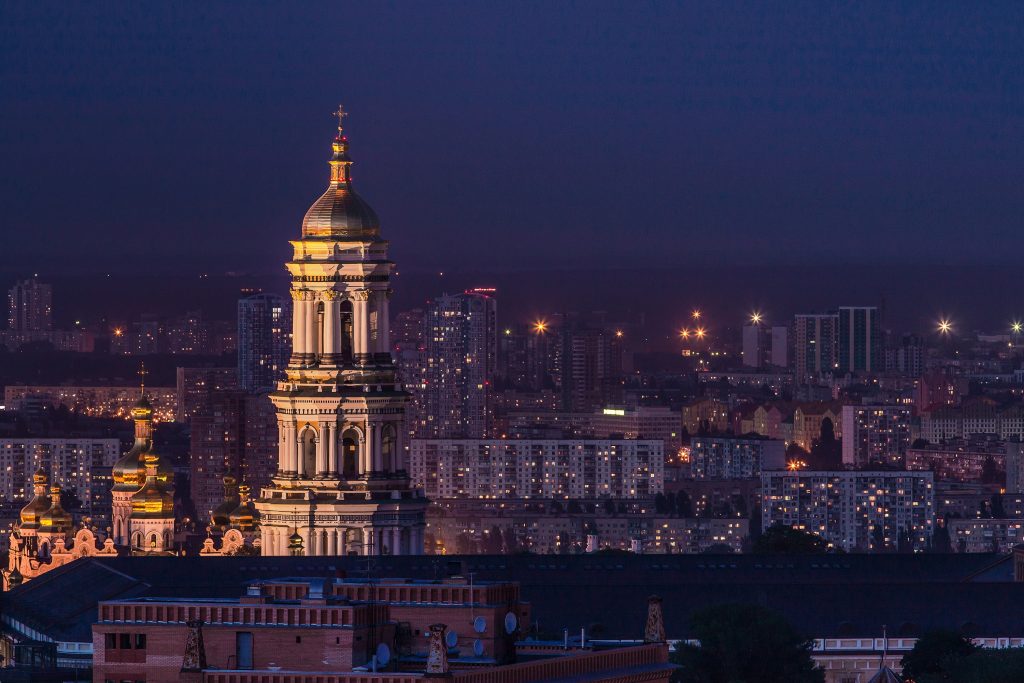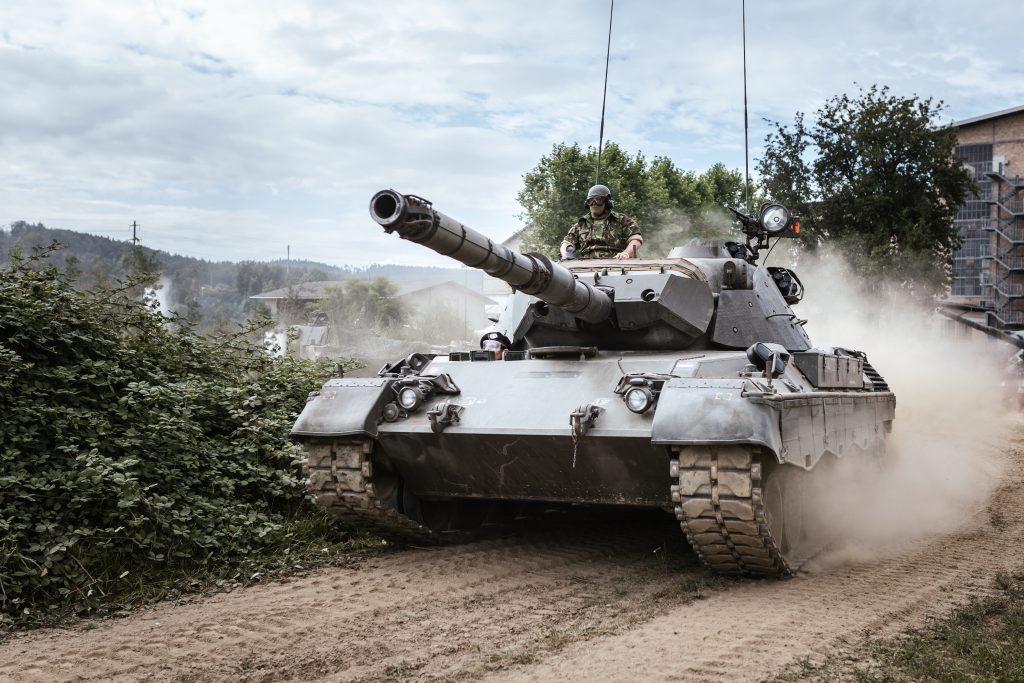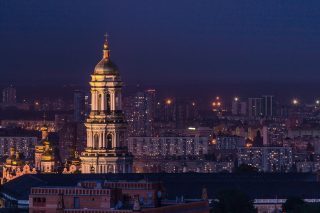
Brief Summary
On 24 February 2022, Russian forces, under the direction of Russian President Vladimir Putin, invaded Ukraine. The invasion was carried out by land, sea, and air as well, with Ukrainian military and civilian populations alike being targeted by Russian forces.
As of now, no good estimates of casualties exist. The Russian military claims to have taken several hundred casualties while killing several thousand Ukrainian military personnel. It is likely, however, that Russian casualties are several times higher than reports by Russian state media indicate, and many scholars estimate that many thousands of Ukrainian civilians were thus far killed by Russian forces.
Several rounds of talks between the Russian and Ukrainian governments have had little result: the two sides agreed to humanitarian evacuation along certain routes, but it appears that Russian forces may have planted land mines along those routes. Several million people have been displaced, or their daily lives disrupted.
As of several days ago, the Ukrainian government has both declared martial law and instituted conscription for males 16-60: much of the remaining civilian population is armed and actively resisting Russian forces.
Russian forces have also seized at least one of Ukraine’s nuclear power plants by force, bringing to Europe the specter of a meltdown that would surpass that of the Chernobyl incident by several orders of magnitude.
At the moment, neither NATO nor the EU is directly combatting the Russians in Ukraine, but both have sent material aid including loans of weapons and aircraft. In short, the war in Ukraine is brutal, building in intensity, and is not likely to end soon.
Why Would Russia Invade Ukraine?
When I’m not writing, I study politics and international relations professionally. I think there are a few potential factors that might come to explain what we’re currently seeing in Ukraine.
First and foremost, Russia has, historically, wanted a friendly buffer state between them and Germany. Whether it’s WWI or WWII, recent historical experiences might lead Russia to believe that many of their problems come from the West, and thus Putin might be seeking to create some breathing room between NATO and himself.
Second, Russian nationalism has grown in strength rapidly over Putin’s reign. Part of this is making frequent rhetorical claims, and eventual seizures, of ethnically Russian parts of other countries. Russia has annexed part of Ukraine already and did so with a province of Georiga. In this regard, this invasion can be seen as the fulfillment of some perverse version of Manifest Destiny.
Finally, this likely has a great deal to do with Russian domestic politics. The economy of Russia has been limping along rather badly for the last two decades, and one surefire way of drumming up support for a long-standing but floundering regime might be to instigate a foreign war around which to rally the population.
Out of these three explanations, I find it likely that some mix of all three is contributing to Russian willingness to invade Ukraine. Additionally, this could simply be an attempt by Putin to stave off threats to his own power by flexing military might abroad for the world to see.

Strategic and Tactical Assessment
For decades, the Soviet Union, and then its successor state, Russia, have neared the top of the list of countries in terms of their military spending. With that in mind, many expected that a conflict in Ukraine would be short, given Russia’s apparent military might. This appears, at least so far, to have been an over-estimation of Russian forces. Many reports of the conflict so far have indicated not only massive destruction of civilian and military targets in Ukraine, but also of Russian vehicles getting lost, running out of fuel, and facing large losses of men and material in the face of stiff Ukrainian resistance.
Although the armored power of the Ukrainians has been severely diminished, infantry, made up of both the military and civilian militias, have put up steady resistance to Russian forces, the former is denying the latter access to most cities, and substantial portions of the country as a whole. Furthermore, Ukrainian air power, both manned and unmanned, presents a serious issue to the Russians and is likely to continue into the future.
In short, the Russians appear to have expected a short war but did not figure that the Ukrainian people would so quickly become armed and prepared to resist Russian aggression. It appears as though, without a ceasefire or truce in the near future, this could become a long conflict. I would expect fighting in the cities to be heavy and with a large loss of life on all sides.
Potential Implications
Right now, any solid predictions are conjecture at best. With that caveat in mind, I want to walk through some potential implications for this conflict as it unfolds.
The NATO countries are already supporting Urkaine with material to continue fighting the war and surviving. I expect this to continue into the future, and it is reasonably likely that some NATO counties, namely Poland and Germany, might well take a harder stance against Russia and may be willing to commit portions of their air forces to Ukrainian efforts.
Second, Ukraine is in the process of applying to become an EU member. Should this go through, the member states of the EU may well heavily sanction Russia and could enter into direct confrontation with Russia. This would be a major escalation of the conflict and might spur Russia to bring more of their available forces to bear in the conflict.
Finally, it is worth mentioning that several of the relevant actors (Russia, the US, France, and the UK) all have sizable nuclear arsenals. Thankfully, the possibility is remote, but violent conflict in Europe does bring about the possibility of nuclear war for the first time in decades.
It is my sincere hope that this conflict ends soon. But, as of now, I do not see an immediate end, and I worry that things will get worse before they get better for the Ukrainian people.
